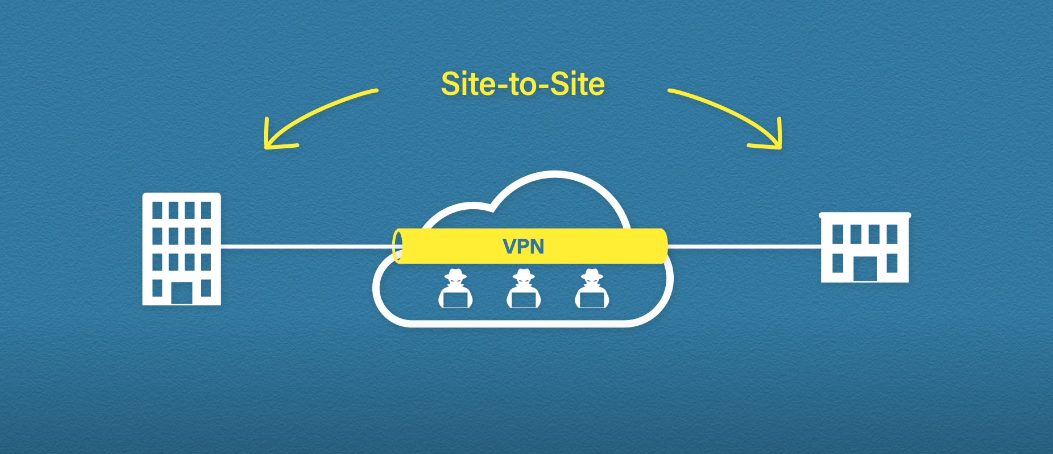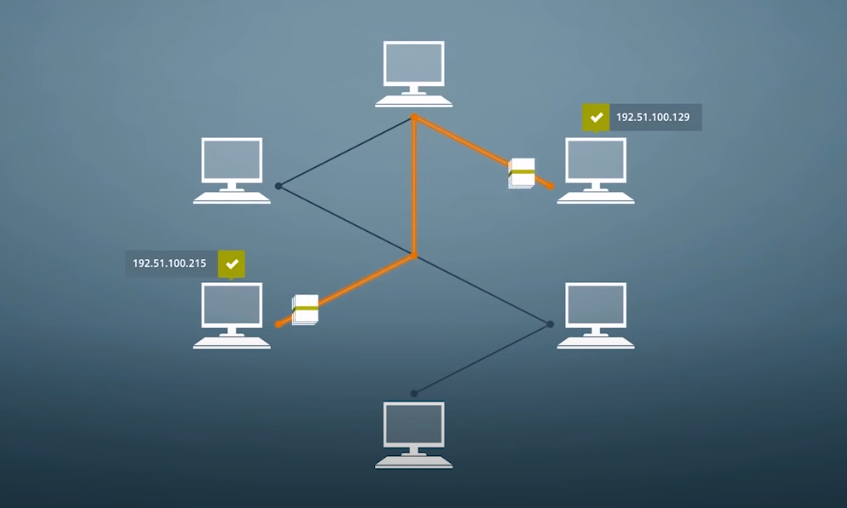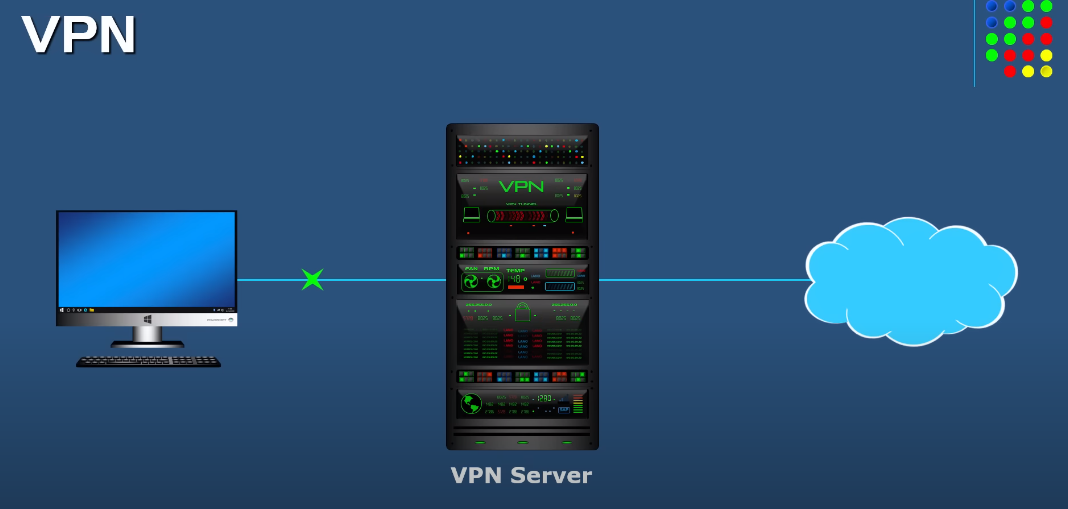Significance of Data Encryption in VPNs

Data encryption plays a crucial role in Virtual Private Networks (VPNs) as it ensures the confidentiality and integrity of data transmitted over the network. VPNs use encryption algorithms to scramble data so that it cannot be intercepted or read by unauthorized users. Encryption makes it extremely difficult for hackers, cybercriminals, and other third parties to gain access to sensitive information, such as passwords, credit card numbers, and other personal data.
Definition and Purpose of VPNs
Virtual Private Networks (VPNs) are secure networks that allow users to access the internet securely and privately. The purpose of VPNs is to provide a secure connection between a user’s device and the internet, by encrypting all data transmitted over the network. This ensures that sensitive information remains confidential and cannot be intercepted by third parties. VPNs are commonly used by individuals and businesses to protect their online privacy, bypass internet censorship, and access geo-restricted content.
Key Components of a VPN

A VPN consists of several key components, including:
1. Encryption: This is the process of converting data into a code to prevent unauthorized access. VPNs use encryption to protect sensitive data transmitted over the network.
2. Tunneling: This is the process of encapsulating data in a secure “tunnel” as it travels between the user’s device and the VPN server. This helps to prevent data from being intercepted or modified by third parties.
Encryption in VPNs: How It Works
Encryption in VPNs works by using complex algorithms to scramble data so that it becomes unreadable to anyone who intercepts it. The VPN client on the user’s device encrypts the data before it is sent over the network and the VPN server decrypts it when it receives it. This ensures that the data is protected from unauthorized access while in transit.
Advantages of Encrypting VPN Traffic
Encrypting VPN traffic provides several advantages, including:
1. Increased security: Encryption makes it difficult for hackers and other malicious actors to intercept and read sensitive data.
2. Improved privacy: Encryption ensures that your online activity remains private, even from your Internet Service Provider (ISP).
3. Access to restricted content: By encrypting your traffic, you can bypass censorship and access content that may be restricted in your region.
4. Protection from identity theft: Encryption can help protect your personal information from being stolen.
Encryption Strength and Key Length
Encryption strength and key length are important factors to consider when using encryption. The strength of encryption refers to how difficult it is for someone to crack the encryption and access the data. The key length refers to the number of bits used to create the encryption key. Generally, the longer the key length, the stronger the encryption. For example, a 128-bit key is stronger than a 64-bit key. It is recommended to use encryption with a key length of at least 128 bits.
Challenges and Limitations of VPN Encryption
Virtual Private Networks (VPNs) are commonly used to provide secure and private access to the Internet. However, VPN encryption can also have its challenges and limitations. One challenge is the potential for slower internet speeds. When data is encrypted and decrypted, it requires additional processing time and can slow down the connection. This can be especially noticeable when using a VPN for activities that require high bandwidth, such as streaming video.
VPN Providers and Encryption
VPN providers use various encryption protocols to secure their users’ internet traffic. Some of the most commonly used encryption protocols include:
1. OpenVPN – Which is an open-source protocol that is highly secure and flexible. It can be used on a variety of platforms and is known for its strong encryption and authentication capabilities.
2. IPSec – This is a protocol that is commonly used in enterprise networks. It provides strong encryption and authentication but can be more complex to set up than other protocols.
Encryption and Legal Considerations
When it comes to encryption and legal considerations, there are a few things to keep in mind. While encryption is generally viewed as a positive tool for protecting privacy and security, some governments and law enforcement agencies may view it as a hindrance to their investigations. In some countries, there may be laws that require companies to provide access to encrypted data if requested by law enforcement.
Frequently Asked Questions (FAQs)
What is the role of encryption in VPNs?

Encryption plays a crucial role in VPNs (Virtual Private Networks) as it helps to secure the data that is transmitted between the user’s device and the VPN server. VPNs use encryption protocols to scramble the data, making it unreadable to anyone who might intercept it, including hackers, ISPs, and government agencies. This ensures that users’ online activities remain private and secure.
How does encryption protect data in transit?
Encryption protects data in transit by converting it into an unreadable format that can only be deciphered with a specific key or password. This means that even if someone intercepts the data while it is being transmitted, they will not be able to read it without the encryption key. Encryption also ensures that the data remains confidential and cannot be tampered with by unauthorized parties. This makes it a crucial component of secure communication, especially in situations where sensitive information is being transmitted over the internet.
What are the benefits of encrypting VPN traffic?
Encrypting VPN traffic provides several benefits, including:
1. Increased privacy: Encryption ensures that your online activities and data remain private and secure, even if someone intercepts your traffic.
2. Protection against hackers: Encryption makes it difficult for hackers to intercept and access your data, protecting you from identity theft and other cybercrimes.
3. Secure remote access: VPN encryption allows you to securely access your organization’s network from remote locations, protecting sensitive company data from unauthorized access.
How does key length affect encryption strength?
The key length is a critical factor in determining the strength of encryption. The longer the key, the more difficult it is for an attacker to crack the encryption. This is because longer keys provide a larger number of possible combinations, making it more challenging for an attacker to guess the correct key. For example, a 128-bit key is much stronger than a 64-bit key, as it provides 2^64 times more possible combinations.
How can I evaluate VPN providers’ encryption capabilities?
To evaluate VPN providers’ encryption capabilities, you should look for information on the type of encryption they use and the length of the encryption key. The most secure encryption protocols are OpenVPN and IKEv2, while PPTP and L2TP/IPSec are less secure. Additionally, you should look for providers that offer a minimum of 128-bit encryption, but ideally, you should choose a provider that offers 256-bit encryption.
Conclusion
To evaluate VPN providers’ encryption capabilities, it’s important to research the type of encryption they use and the length of the encryption key. OpenVPN and IKEv2 are the most secure protocols, while PPTP and L2TP/IPSec are less secure. A minimum of 128-bit encryption is recommended, but 256-bit encryption is ideal. By considering these factors, you can choose a VPN provider that offers strong encryption to protect your online activity and data.
